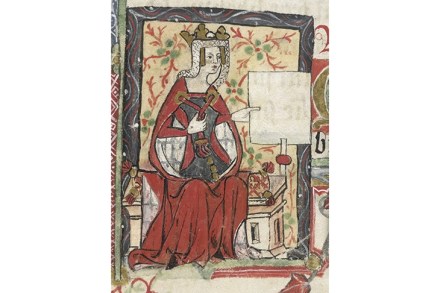Lady of the English
The Empress Matilda, mother of the Plantagenet dynasty, is the earliest queen of England who never was; by rights she should have been England’s first ruling queen four centuries before Mary. But she never sat on the throne. In this authoritative but accessible biography, Catherine Hanley emphasises the fortitude and steel of a woman who,




















